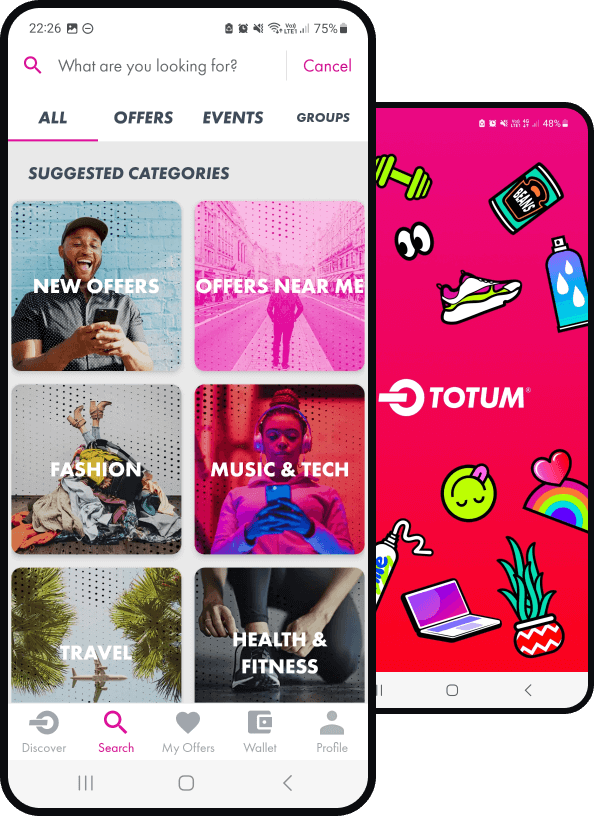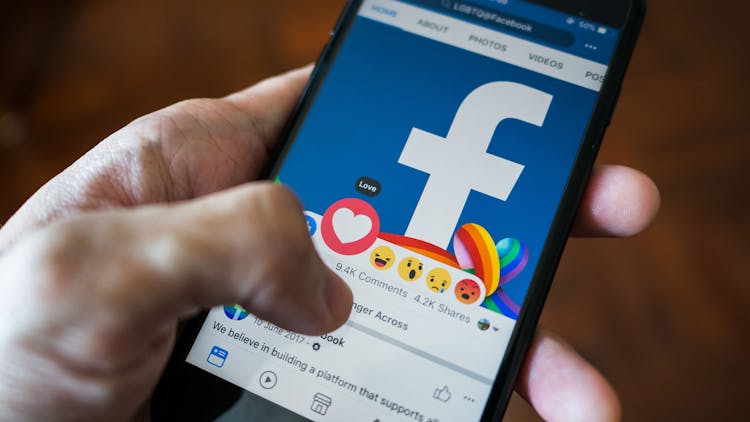Can Universities Detect ChatGPT And Other AI Tools?
The rise of AI writing tools such as ChatGPT have raised concerns for educators, but they're adamant that plagiarism detection software can identify assignments produced by chatbots.
If you’re currently a student in the UK, you may have heard of the controversy surrounding the new, clever text-based conversational AI tool, ChatGPT.
It’s caused quite a stir within universities thanks to its ability to create increasingly accurate and detailed written responses to prompts, with educators scrambling to establish reliable ways to detect work submitted by students that has actually been generated by artificial intelligence.
If, like most universities in the UK, you use the plagiarism detection software Turnitin to submit your assignments for each module, you’ll likely know that the software is able to pick up on plagiarised work, and claims to also be able to identify work that has been written by artificial intelligence.

While ChatGPT certainly isn’t the first of its kind – there’s Jasper, Replika and others similar to the chatbot - it’s a hot topic of conversation right now thanks to just how scarily accurate it is proving to be and how natural and human-like its responses are.
So, let’s take a look at whether universities actually can detect the likes of ChatGPT and other AI tools when it comes to essay submissions.
What is a chatbot?
Chatbots are not only used as writing tools in the way the likes of Jasper, ChatSonic and ChatGPT are, they’re also used in everything from customer service and language translation to therapy.
You probably come across them all the time - a number of retailers use AI chatbots for customer service enquiries on their websites. Mattress company Casper took this one step further when it launched its chatbot for insomniacs back in 2016 in an attempt to help prevent people struggling to sleep from feeling lonely.
Essentially, a chatbot is designed to simulate conversation with humans and can respond to prompts by using natural language processing.
They have become a popular way of automating certain tasks for businesses but can also be used to generate articles, essays, and even help with writing a book.

What is ChatGPT and how does it work?
ChatGPT is the latest AI chatbot and has quickly made a name for itself as one of the smartest, most advanced out there.
Since its launch in November 2022, there has been a great deal of hype surrounding the tool thanks to its groundbreaking capabilities. What makes ChatGPT stand out from other chatbots of its kind is the extra training it has received from human AI trainers who have fine-tuned the language model.
This has made it superior when it comes to working out what information a user is asking for in their prompt, collecting the right information, and presenting a response in a natural manner.
It can answer almost any question (though it’s important to note it’s not always correct!) and fulfil tasks including everything from writing job application cover letters to fictional stories and poems.

So, as you can imagine, people have been keen to take full advantage of this and have put the chatbot to the test to see whether it’s able to produce high quality essays.
One student who graduated from the University of Bristol last year, Pieter Snepvangers, made headlines after he revealed that he used the AI chatbot to write a university essay and was told by his lecturer that it would have passed.
He instructed the chatbot to write a 2,000 word essay on social policy and was baffled to discover it would have achieved a score of 53 – a 2:2.
Can universities detect whether students have used Chat GPT to write essays?
Before you begin to feel inspired by Pieter’s use of ChatGPT, you may want to think again…
Universities are reportedly cracking down on the use of AI to cheat on essays and online exams, with Turnitin revealing it has established software to detect if a student has used a chatbot to produce their work.
The plagiarism detection service has launched an AI Innovation Lab to identify if an essay has been written using an AI writing tool.
AI scientist David Adamson has given a quick demonstration showing how Turnitin can identify AI chatbots such as ChatGPT via a screen recording of him uploading an AI-generated essay to the plagiarism detection service.
In the YouTube video, Adamson can be seen uploading the essay - which was written predominantly by ChatGPT with minor edits made by himself - to Turnitin, which immediately detects that half the essay was written by an AI.
So in our humble opinion, it’s not worth the risk!
How does Turnitin detect plagiarism?
Turnitin detects plagiarism by comparing a student's submission against an archive of internet documents, internet data, previously submitted papers, journals and more.
The software is hoping to roll out the AI detecting tool on a wider scale soon according to The Tab, but it is currently still in testing.
Annie Chechitelli, Chief Product Officer at Turnitin, said: “Our model has been trained specifically on academic writing sourced from a comprehensive database, as opposed to solely publicly available content. As a result, Turnitin is more tuned to finding instances of potential dishonesty in student assignments.”

Is ChatGPT plagiarism?
A number of universities across the country have introduced policies that make it an academic offence to use ChatGPT and any other AI for assignments, including Bournemouth University. Both the University of Edinburgh and Queen Mary University of London have similarly warned students not to use chatbots to produce their work, advising that this will constitute as plagiarism.
ChatGPT, however, defines plagiarism as the act of using someone else’s work or ideas without giving proper credit to the original author, creating a potential loophole for students who may claim that the work is generated by a thing - in this case, AI - rather than a person.
But Alice Dailey, chair of the Academic Integrity Program at Villanova University, told Wired: “I think we’ve been in a version of this territory for a while already.
“Students who commit plagiarism often borrow material from a ‘somewhere’ - a website, for example, that doesn’t have clear authorial attribution. I suspect the definition of plagiarism will expand to include things that produce."

While ChatGPT and similar tools are probably best avoided for assignment purposes, here are some incredible offers on useful things that will prove super helpful for essay-writing and research and won't land you in any trouble (as long as you still avoid copying!):
Get 25% off Routledge e-books plus get an extra 5% off with TOTUM. Routledge publishes thousands of groundbreaking textbooks and premier, peer-reviewed research papers every year, meaning readers can access tens of thousands of academic print and e-books.
Get 10% student discount on university textbooks and resources from Pearson.
Enjoy a 14-day free trial + 25% off your first 4 months with Perlego, which provides access to all of the textbooks you need, all in one place, for the price of a single book.

Join TOTUM Digital for FREE to access hundreds of student discounts on big-name brands like ASOS, Apple, Myprotein, boohoo, Samsung, and more!
Sign up for FREE, download our amazing app, and enjoy the latest offers, vouchers, coupons and more at your fingertips. Find out more here or download the app for Apple or Android to get started today.
Join the TOTUM club!
Join TOTUM Student for FREE to access hundreds of student discounts on big-name brands like ASOS, Apple, MyProtein, boohoo, Samsung, and more!
Sign up for FREE, download the TOTUM app, and enjoy the latest offers, vouchers, coupons and more at your fingertips. Find out more.
Download The TOTUM App

Stories like this

Get Paid £300 To Upgrade To A Brand New Stunning 75” Samsung TV
Picture this: lounging on the sofa soaking up the stunning visuals of your favourite movies or games on a luxurious, brand new, 75-inch tv - and now imagine that you’d been paid £300 as part of the deal…

How To Stop Facebook Chirping Sound Millions Of Users Have Been Affected By
If you’re one of the people who’ve been driven slightly mad by that new, very irritating chirping noise on Facebook, it turns out you’re not alone...

The Best Earphones For Your Budget
Looking for some new earphones but not sure where to start? We discuss the best earphones available at different prices so you can keep listening no matter your budget!








